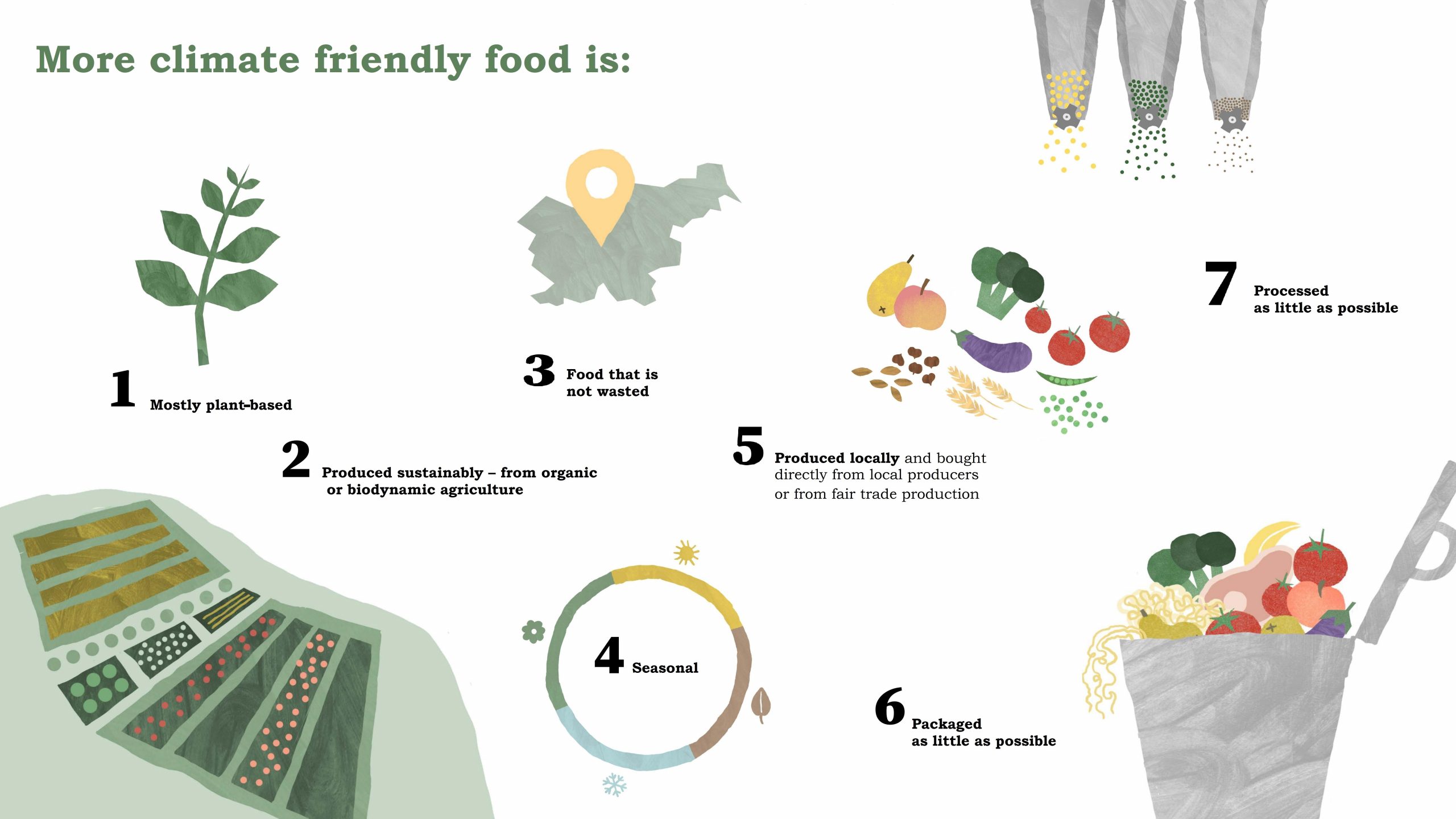ECREA LOC 2024 FOOD-related Statement
OUR FOOD SYSTEMS ARE NOT WORKING, and our food choices can help support systems that are better for people, animals and the planet in general. We believe that educated and privileged members of society have the greatest moral responsibility to pave the way towards more energy efficient and environmentally friendly behaviours. If not us and if not now, who then and when …

Photo credit: Umanotera
Food systems and eating habits have a significant impact on the environment and climate. Studies (UNEP 2021; FIBL & IFOAM 2021) show that conventional food production, especially livestock farming, contributes to environmental pollution, food poverty and biodiversity loss. The greatest potential for reducing negative environmental impacts at the individual level within the food system lies in reducing the amount of meat and meat products consumed. Studies (Hallstroem et al., 2015; Scarborough et al., 2023) have shown that switching from a meat-heavy diet to a predominantly plant-based diet (or a diet with a low proportion of meat and meat products) can reduce greenhouse gas emissions per person by 20 to 35 per cent.
According to the Lancet report, a diet that contains no or only small amounts of red meat and processed meat is not only more sustainable for the planet but also healthier for people (Willett et al., 2019). However, meat consumption remains high in high-income countries, exceeding dietary recommendations by a factor of two to four (EC, 2023), while it is increasing in developing countries (Steinfeld et al., 2006; Slingo et al., 2005). As sustainable food is generally healthier (WHO 2022), it is crucial that people have access to sustainable and healthy food.
Sustainable food is becoming an increasingly important issue as the current food system is unsustainable and contributes to growing health, social and environmental problems. By seeking solutions in the area of nutrition, from cultivation, processing, production, supply to consumption, we are making a direct contribution to reducing the negative impact on the environment and improving public health. In order to create a favourable environment for sustainable diet, the conference organising team joins the efforts of the Faculty of Social Sciences to seek solutions for a more sustainable and healthier diet at the University … and thus make the greatest possible contribution to tackling the climate crisis.
